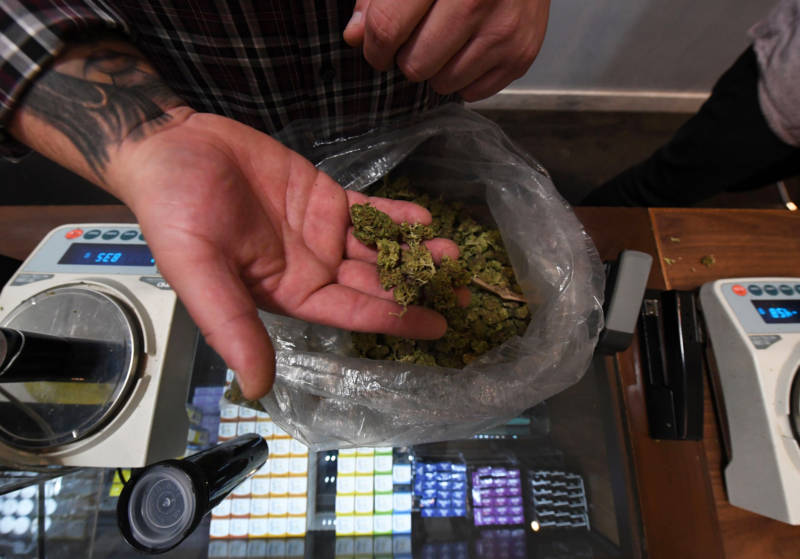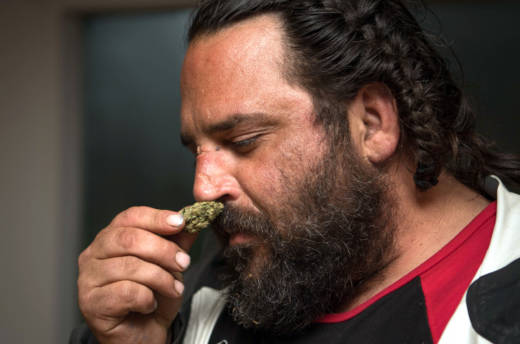Lori Ajax, chief of the Bureau of Medical Cannabis Regulation, said the regulations are "basically the details of the requirements," for anyone who wants to apply for a license to be involved in the cannabis business.
"For example, our dispensaries -- in our regulations, we've laid out what kind of security requirements they will have to follow, such as having cameras or security guards, and what their hours of operations will be," she said. "That will be the statewide standard, and local jurisdictions will have to at least have that minimum but they can be more restrictive at the local level."
Here are a few highlights from the proposed regulations:
- Cannabis businesses must be located more than 600 feet from schools, have to carry $5,000 insurance in case their inventory must be destroyed by the state and must prove they have approval from the property owner. They also must comply with environmental laws and show where their water and power will come from.
- Packaging must protect from contamination, be tamper evident and cannot imitate packaging used for kids.
- Indoor grows must get 42 percent of their energy from renewable sources.
- Cannabis dispensaries have to have video surveillance, may only be open between 6 a.m. and 9 p.m. and can sell only 8 eight ounces per day to a medical patient. They cannot give out free samples.
- All plants and products will be tracked from seed to sale; products must be tested by a third-party licensed laboratory.
The regulations aren't the only action the state is taking to implement marijuana law. Gov. Jerry Brown rolled out proposed legislation recently that aims to bring a package of laws governing medical cannabis passed by the Legislature in 2015 in line with Proposition 64, which legalized recreational marijuana use for adults.
Under Brown's legislation, for example, marijuana cultivators, manufacturers and retailers could also distribute their product. That would reverse a rule set out in the 2015 legislation that required third-party distributors -- something the powerful Teamsters union had fought for.
The governor is also seeking to clarify conflicting laws around permitting by cities, counties and the state. The 2015 legislation required cannabis businesses to secure local licenses before they could apply for a state license; but not all local governments have set up a permitting system. So Brown wants to allow businesses to apply for state licenses if they can show they are complying with local law and environmental laws.
While some legislators, law enforcement groups and unions are unhappy with some details of the proposals, California's large cannabis industry has reacted warmly.
Among those praising the Brown administration is Avis Bulbulyan, CEO of Siva Enterprises, a cannabis consulting and business management firm. Bulbulyan chairs the Los Angeles Cannabis Task Force and has and helped dozens of cannabis businesses navigate the application process in other states as well as California. He also consults with cities and counties to help them develop local regulations.
"The state has been very proactive in the way they are going about this," Bulbulyan said. "They are going out of their way to understand what the industry is about ... they're doing a phenomenal job."
The public now has 45 days to comment on the regulations. For more information, visit the state Bureau of Medical Cannabis Regulation.


